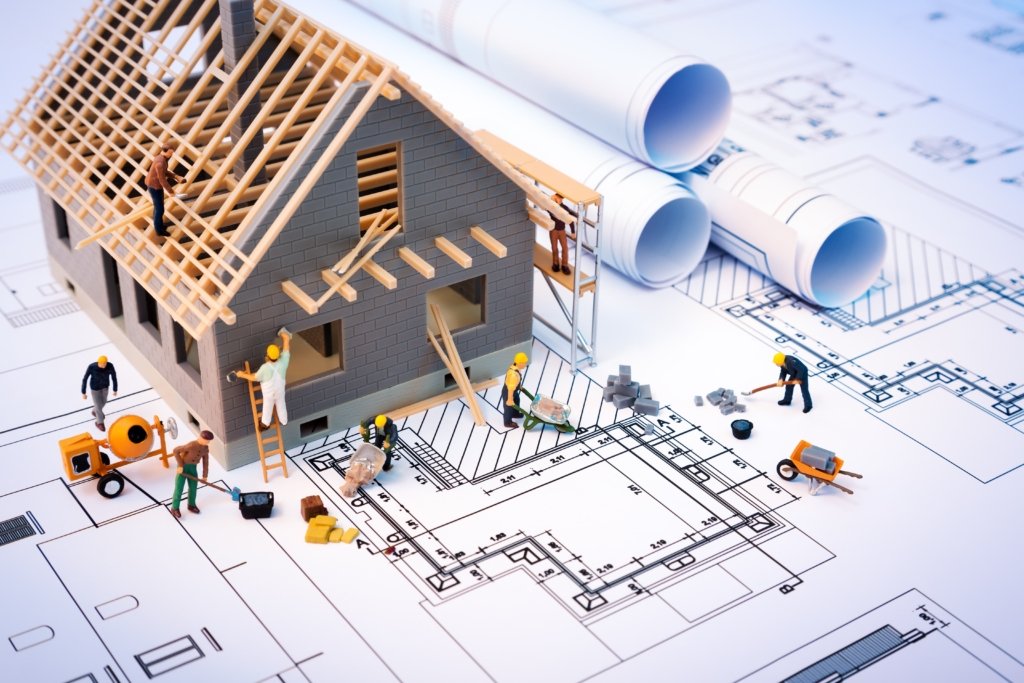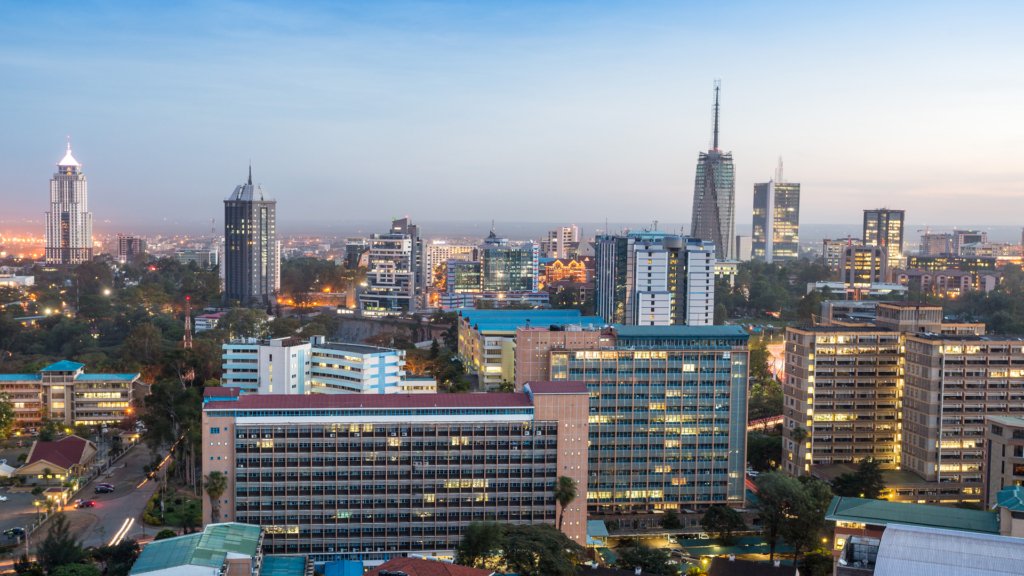
Kenya’s real estate market is one of the fastest-growing in East Africa. With rapid urbanization, population growth, and rising demand for housing and commercial spaces, it presents a golden opportunity for both local and international investors.
If you’re asking yourself how to start real estate in Kenya , this beginner-friendly guide will walk you through everything you need to know—from understanding the market to buying land, securing financing, developing property, and growing your portfolio.
Step 1: Understand the Kenyan Real Estate Market
Before investing, it’s crucial to understand how the real estate landscape works in Kenya.
Key Trends Driving Growth:
- Population Growth : Over 55 million people with an annual increase of about 2.5%.
- Urban Migration : More people are moving to cities like Nairobi, Mombasa, Kisumu, and Eldoret.
- Housing Deficit : The country faces a shortage of over 2 million housing units.
- Government Support : Programs like the Affordable Housing Initiative are boosting development.
- Tourism & Foreign Investment : Coastal towns attract buyers from abroad seeking holiday homes or rentals.
Understanding these factors helps you make informed decisions and identify high-growth areas.
Step 2: Choose Your Real Estate Niche
Real estate offers many paths. Pick the one that aligns with your goals, budget, and risk tolerance:
🏠 Residential Real Estate
Ideal for beginners. Includes apartments, townhouses, and standalone houses for sale or rent.

🏢 Commercial Real Estate
Higher capital required but offers better returns. Think offices, shops, and retail centers.

🌿 Land Investment
Buying undeveloped plots in growing areas and reselling them later at a profit. Low maintenance and high appreciation potential.

🏗️ Property Development
Buy land, build structures, and sell or rent them out. Requires planning, permits, and construction management skills.

Choose wisely based on what suits your financial situation and long-term vision.
Step 3: Research Profitable Locations
Location plays a critical role in real estate success. Some areas offer better appreciation, rental yields, and development potential than others.
Top Cities & Regions to Invest In:
- Nairobi – High demand for residential and commercial properties.

- Mombasa – Popular for tourism-driven real estate and beachfront properties.

- Kisumu – Growing economy and strategic lakeside location.
- Eldoret – Education and agricultural hub with rising student housing needs.
- Satellite Towns – Areas like Ruiru, Thika, Naivasha, and Kitengela offer affordable land with high growth potential.
Do thorough research before investing. Look into infrastructure projects, government plans, and future development trends.
Step 4: Secure Financing for Your Investment
Starting real estate requires capital. Here are some common ways to fund your journey:
💰 Personal Savings
Using your own money gives you full control and avoids interest costs.

🏦 Mortgage Loans
Banks and financial institutions offer mortgage products tailored for real estate investors.

📈 Developer Installment Plans
Some developers allow buyers to pay in installments without full upfront payment.

👥 Partnering with Investors
Team up with other investors to share costs and reduce risks.

Explore all options and choose the one that fits your financial capacity and goals.
Step 5: Buy Land or Property Safely
Once you have funding, it’s time to acquire land or property. Here’s how to do it safely:
🔍 Find Listings
Use trusted real estate platforms- BuyKenya, local agents, or community networks to find genuine listings.
✅ Conduct Due Diligence

Always verify:
- Clear title deed (freehold or leasehold)
- No legal disputes or encumbrances
- Valid survey map and rates clearance
🤝 Work with Professionals

Engage a licensed land agent, advocate, or valuer to guide you through the process and avoid fraud.
Step 6: Develop or Improve Your Property
Adding value to your property increases its worth and attractiveness to buyers or tenants.
Ways to Add Value:
- Build rental units or residential houses
- Renovate existing structures
- Install utilities like water and electricity
- Subdivide large plots into smaller saleable units
Development can significantly boost your return on investment.
Step 7: Market and Monetize Your Property
Now that your property is ready, it’s time to sell or rent it out.
📲 Online Marketing
List your property on popular real estate platforms- BuyKenya, social media groups, and community forums.
🚩 Offline Marketing
Use signage, work with agents, or attend property expos.
💸 Rental Income
Rent out your property for steady cash flow. Use local agencies or online platforms to find reliable tenants.
🏠 Selling
Sell directly or through an agent. Ensure all documents are in order before closing the deal.
Step 8: Expand Your Real Estate Portfolio
After completing your first real estate transaction, reinvest profits to grow your portfolio. Diversify across different property types or locations to spread risk and increase returns.
Common Challenges in Kenyan Real Estate
While Kenya offers great potential, there are challenges to be aware of:
- High mortgage costs
- Land ownership disputes
- Slow regulatory processes
- Informal settlements and unclear titles
- Market fluctuations
Staying informed, working with professionals, and doing proper research can help you navigate these issues successfully.
Conclusion
Starting real estate in Kenya is a powerful way to build wealth, generate passive income, and secure long-term financial freedom.
Whether you’re investing in residential land, commercial buildings, or rental properties, success comes from understanding the market, choosing the right location, securing financing, and working with trusted professionals.
Now that you know how to start real estate in Kenya , take action. Begin by researching your preferred area, setting a realistic budget, and connecting with experienced real estate experts.
Frequently Asked Questions (FAQs)
❓ Can foreigners buy property in Kenya?
Yes, foreigners cannot own land outright but can lease land for up to 99 years or invest through a locally registered company.
❓ What is the minimum budget needed to start real estate in Kenya?
It varies by location and property type. You can start with as little as KES 500,000 for a small plot in peri-urban areas.
❓ Is a license required to become a real estate agent in Kenya?
Yes, real estate agents must be licensed by the National Construction Authority (NCA) and registered with professional bodies like the Kenya Institute of Estate Agents (KIEA).
❓ How long does it take to complete a land transaction in Kenya?
The process typically takes 2–6 months, depending on documentation, location, and any legal issues involved.
Call to Action
Ready to start your real estate journey in Kenya? Share this guide with friends or colleagues interested in real estate investment. Have questions or need advice? Leave a comment below—we’d love to hear from you!
